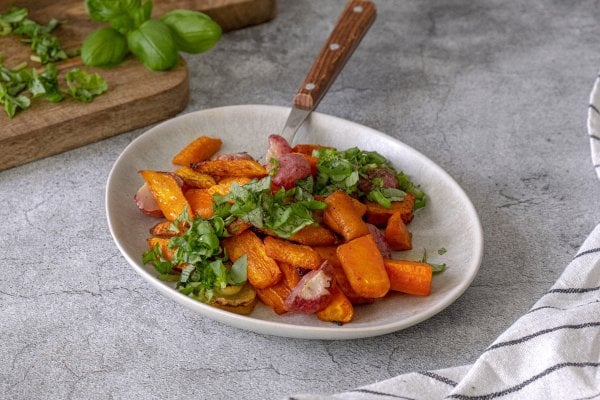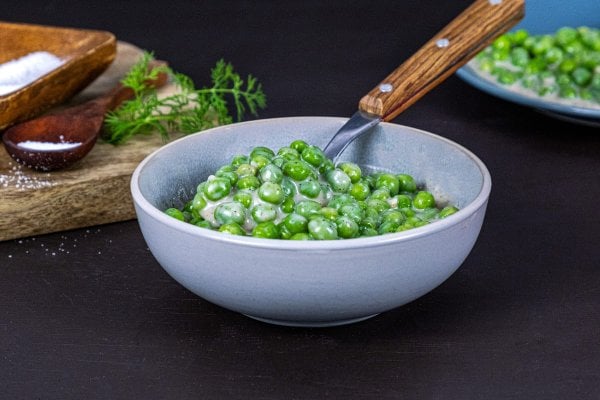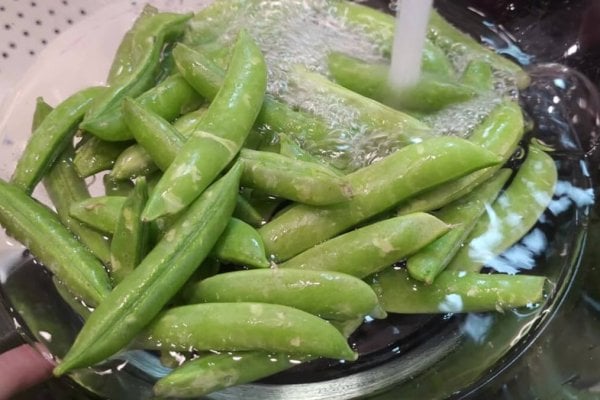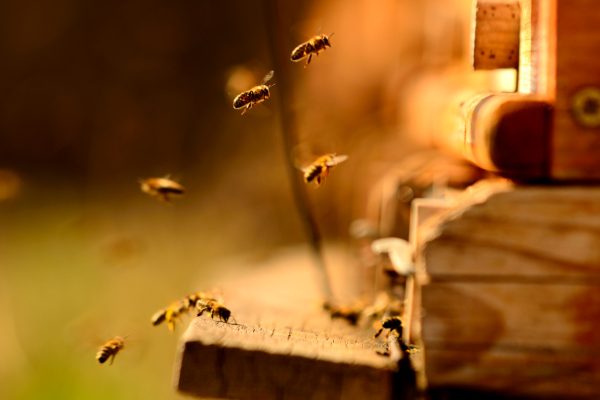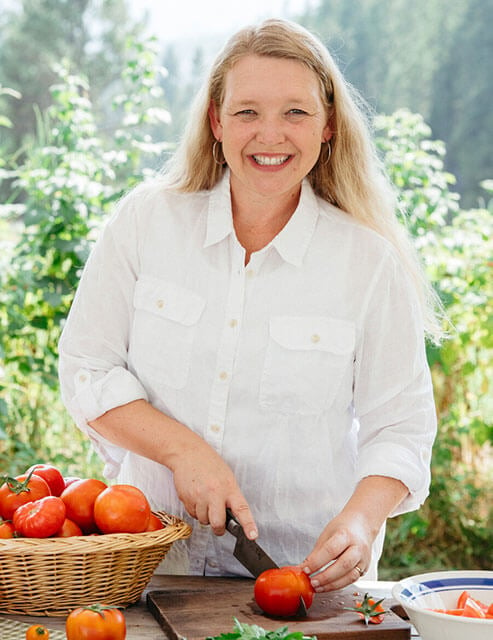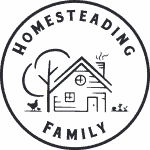Learning how to use herb medicine safely at home seems daunting. But it really shouldn’t be! Learn to use herbs with confidence from Doc Jones of HomeGrown Herbalist.
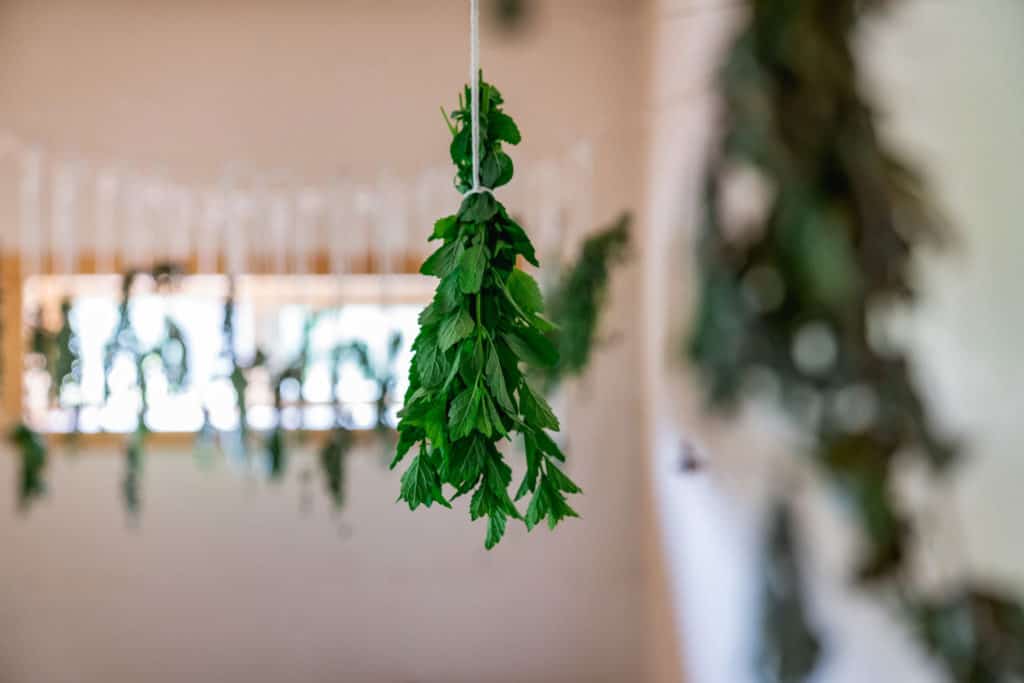
What is Herb Medicine Called?
Herb medicine is also referred to as botanical medicine or phytomedicine. This means using plant seeds, berries, roots, leaves, bark, or flowers for medicinal purposes.
Hippocrates said, “Let food be thy medicine and medicine be thy food,” and both Doc Jones and I couldn’t agree more.
We’ve both been using herbal medicine for many years and have seen first-hand the power of herbs. We are building a home apothecary by keeping certain herbs on hand and ready to use in case of an emergency until help arrives.
For over 30 years, Doc Jones used herb medicine in his veterinary practice and he currently teaches herbalism online at HomeGrown Herbalist in his School of Botanical Medicine.
What is the Best Herbal Medicine?
It’s hard to say what the “best” herbal medicines are, but I like to say the best medicinal herbs are the ones you will use.
For ideas on where to start, check out these posts on how to start using medicinal herbs and 15 medicinal herbs to grow and their uses.
It’s important to note that I am not a certified medical practitioner. This post is not intended to diagnose or treat but is for informational purposes only. Please contact your healthcare professional before introducing new herbal and natural remedies into your wellness routine.
HomeGrown Herbalist School of Botanical Medicine
I am a student of Doc Jones and have been in his online School of Botanical Medicine for several years now.
Dr. Patrick Jones, the founder of the HomeGrown Herbalist School of Botanical Medicine, has been a practicing veterinarian for over 30 years. He is also a clinical herbalist and traditional naturopath. For decades he has seen the power of herbs bless the lives of his veterinary patients and his human clients.
Because of his veterinary credentials, Dr. Jones is regularly able to treat cases that most herbalists would not have within the normal scope of their practice. Gangrene, rattlesnake bites, gunshot wounds, poisonings, massive hemorrhage, shock, brain trauma, sepsis and countless other conditions have been part of Dr. Jones’ daily herbal practice for decades.
Dr. Jones has seen miracles with medicinal plants in his veterinary practice and has used his extensive experience to help his human clients. (You can also learn how to use medicinal herbs on farm animals.)
His herbal school is more “in the trenches” than most other schools, which is what I love about his teachings.
Because he’s used these herbs on the animals that he has treated, he has first-hand experience in emergency situations and has seen them work over and over again.
Medicinal Herbs are Everywhere
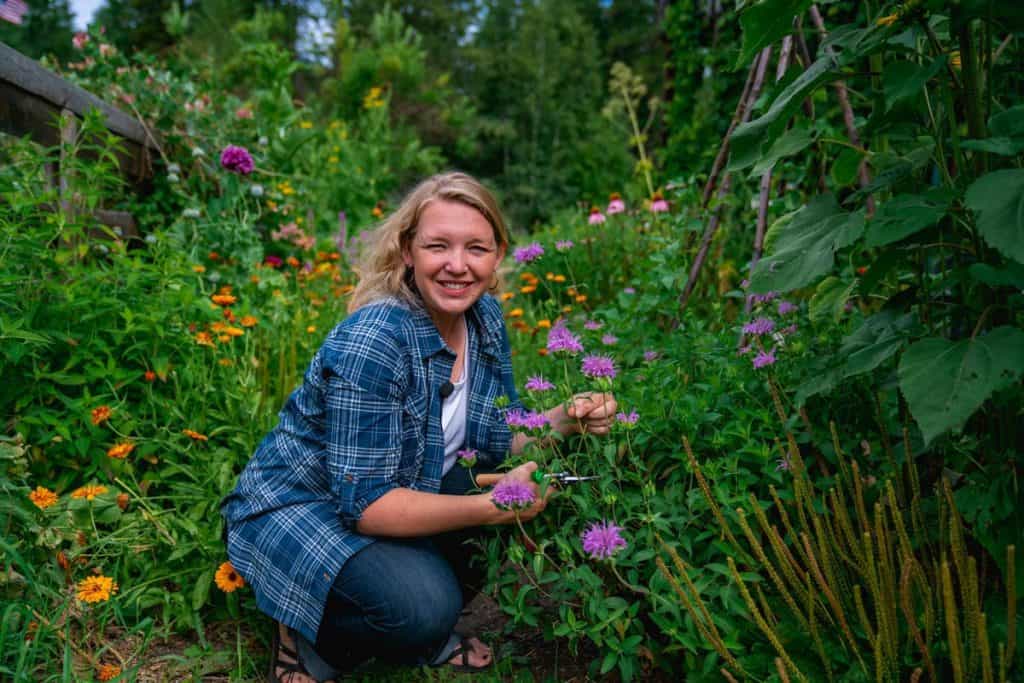
Many of us walk past plants that have medicinal properties all the time without even knowing it. For example, dandelion is used by modern herbalists to aid kidney function and detoxify the liver and gallbladder. (Source)
Doc Jones shared that he was doing a conference at a school, and from his car to the front of the building, he counted 13 plants, 11 of them which are medicinal. But the school had just planted them as ornamentals.
It’s important to know about the plants around us and how they can help us. You never know when you’ll need them!
Examples of Herbal Medicine
You may not realize the medicinal herbs that are all around you. For example, aspirin comes from willow bark, morphine comes from the opium poppy, and quinine comes from cinchona bark (assuming these are derived from plant medicine and not synthetically produced).
Doc Jones offers plant walks in various regions to demonstrate how plant medicine is all around us. For more information on his plant walks, visit HomeGrown Herbalist.
How to Use Herbs Efficiently in Your Home
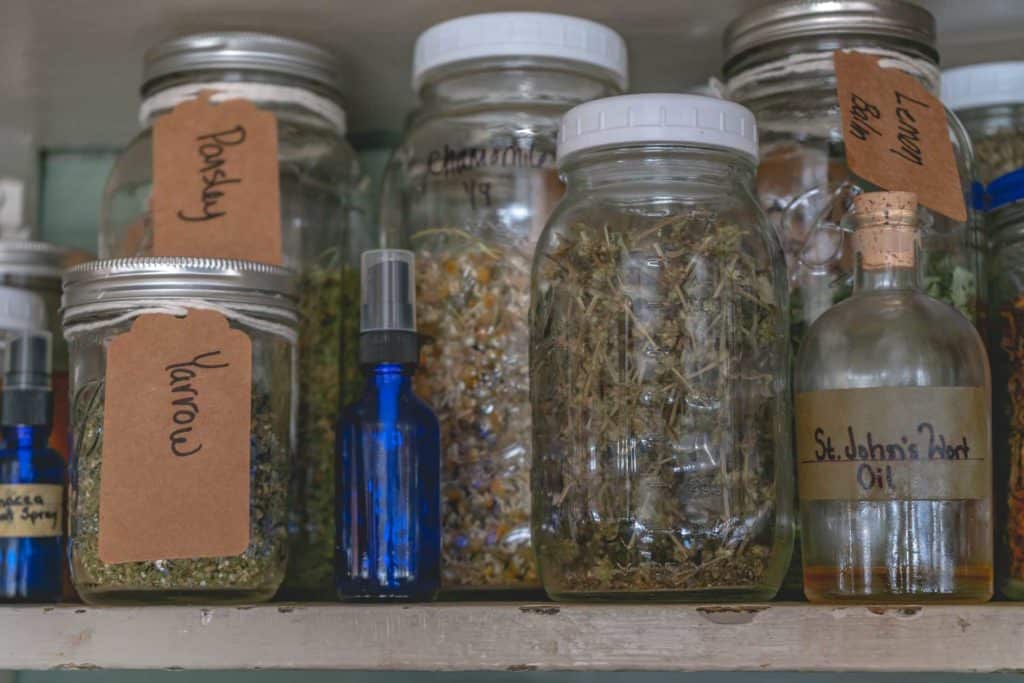
Herbalism is a daunting topic, and it can cause many people to put off learning about herb medicine for far too long.
Even I felt this way when I first got started.
Just Start Using Them
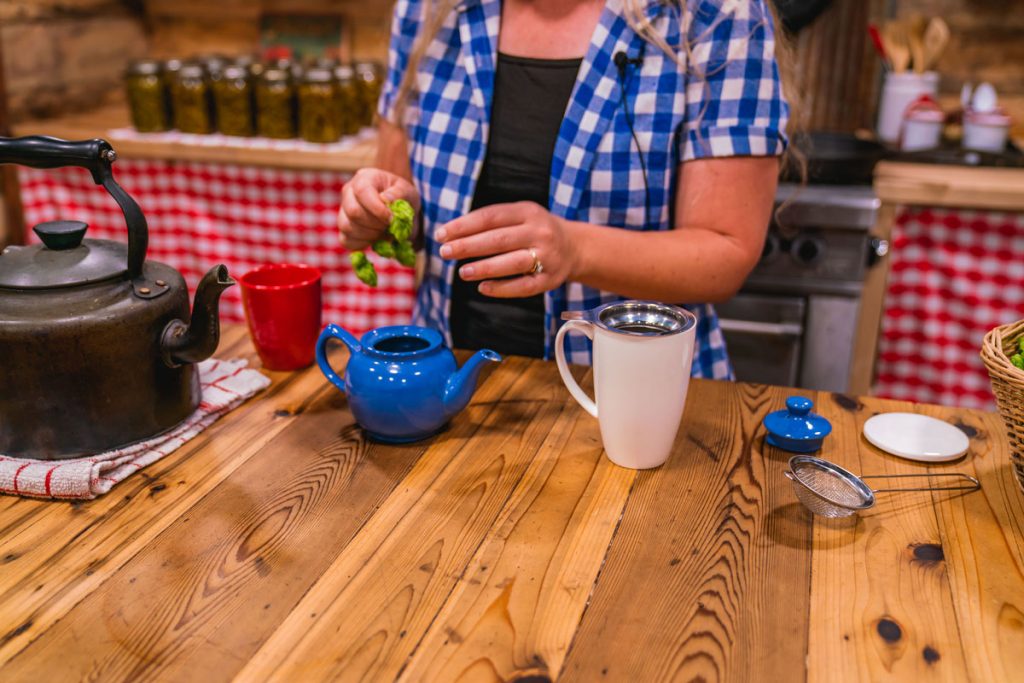
But the most practical way to learn about herb medicine is to use them. Doc Jones says, “Memory is usage.” The things we use regularly, we have no questions about.
You can start this on a very small scale, simply using three or four herbs you like. You can do this even if you live on the top floor in an apartment in Manhattan and have a few pots with a few different kinds of mint, and learn how to use each of them.
It doesn’t have to be complicated.
Understand the Body AND the Herb
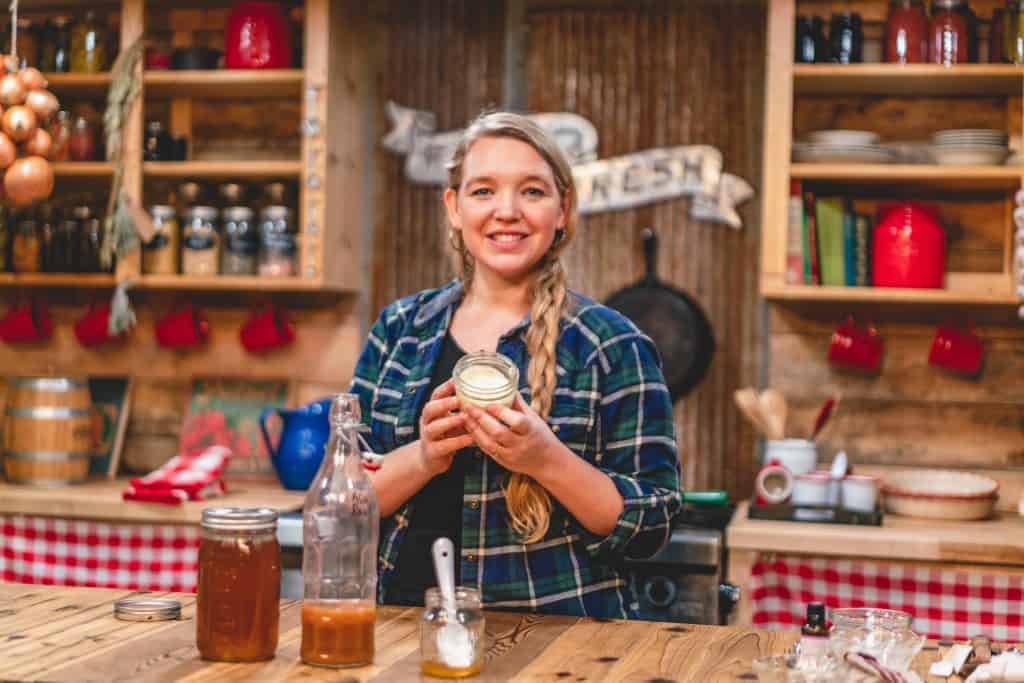
The other important thing about herb medicine is understanding what the body is doing and what the herb does.
Doc Jones shared an example of when all his daughters were home enjoying a meal together. Suddenly, a piece of chicken got stuck in his daughter’s esophagus. She was working on getting it down for quite a while with no success.
He came into the room and asked what was going on. Once he knew what was happening, he quickly grabbed the Cramp Bark Tincture. A few seconds after she had the tincture, her esophagus relaxed, and she could get the chicken down.
He explained in that situation, the esophagus’s job is to squeeze food down; if the food isn’t going down, it squeezes harder.
Cramp Bark’s job is to relax muscles. He knew what was happening in the body and what the herb would do. (Source)
Nowhere will you find on a list of cramp bark uses, “Use when someone is choking”, but by knowing the action of the herb on the body, you can make very informed decisions about which herbs will work in what circumstances. Dr. Jones’s knowledge of the body and the herb’s action helped his daughter.
Understanding this principle means you don’t have to memorize lists of uses for herbs.
Grow the Herb

For me, the best way to learn about herb medicine is by growing herbs. Each herb has its own personality. It grows a specific way and likes a certain amount of sunlight and water. By tending to these plants, you learn much more about them.
Because you’ve been so close to the plant for so long, it helps assimilate the information and how to use it.
Listen to Your Body
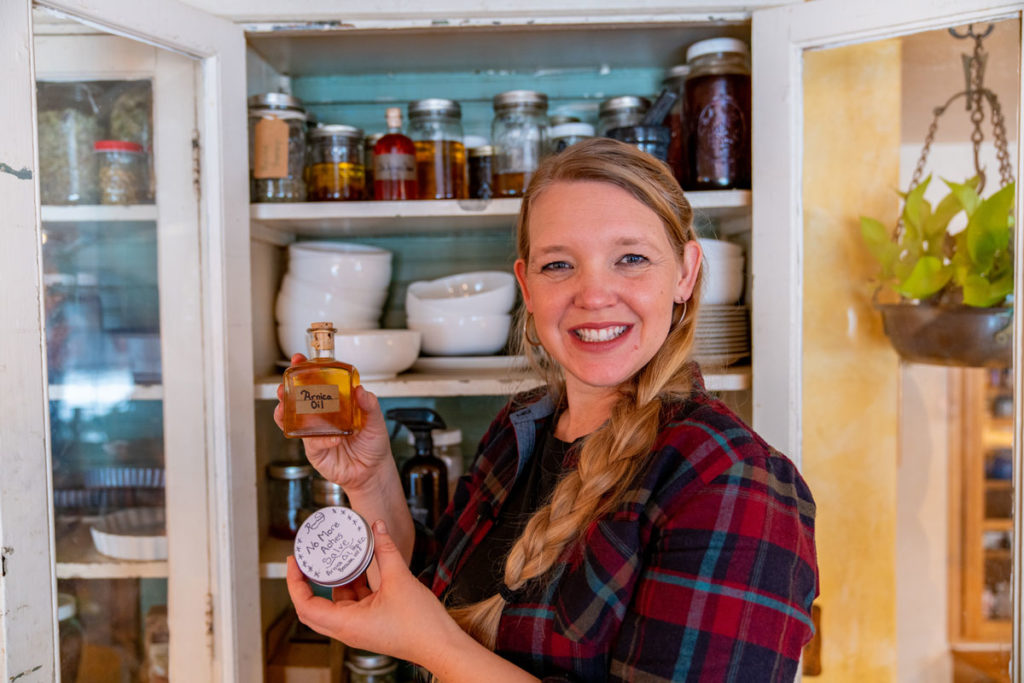
There’s something called “pharmacognizant,” which means listening to your body and giving it what it needs.
If you’re craving a specific plant or an herb, chances are there’s something in that herb that your body needs. If you’re willing to learn, God will teach you what He wants you to know.
Early, Often and After
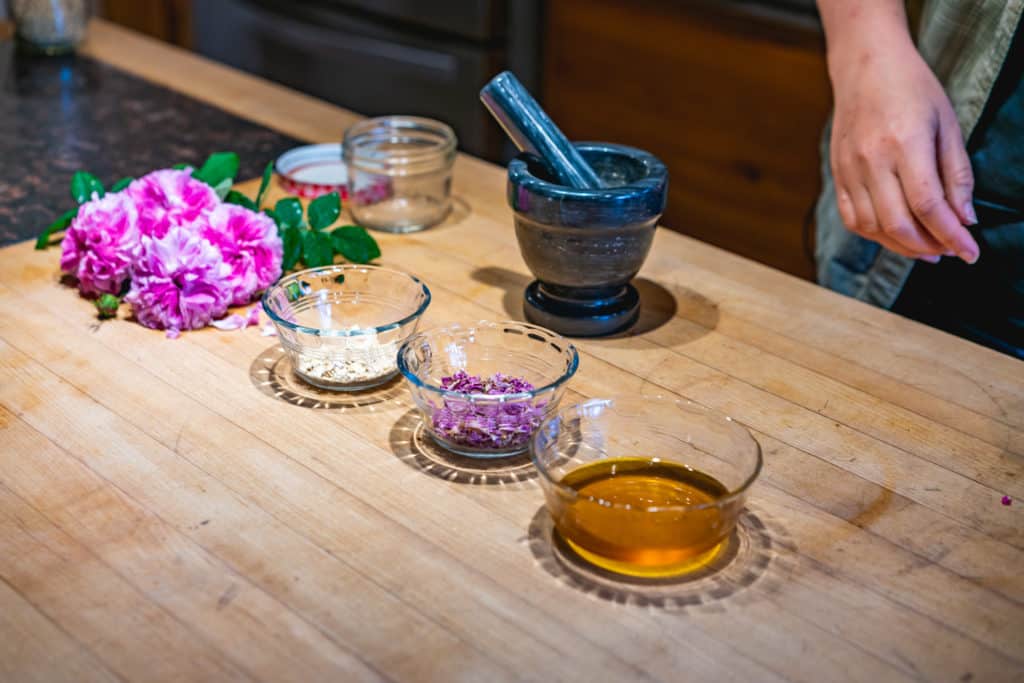
We have become so accustomed in today’s society to being prescribed medicine and taking two pills each day.
When it comes to herbs, you can’t just drink a couple of cups of chamomile tea and expect that it helps you fall asleep.
Doc Jones’ approach is to use herbs early, often and after. If you’re actively fighting something, don’t just take herbs once a day, take them four or five times per day.
If it’s something that’s maintenance, taking herbs a couple of times a day may be perfect, but when actively fighting something, remember the “Early, often and after” mantra.
Herbs are High in Micronutrients
Just like our bodies need food, they also need herbs. The beauty of herbs is they can be found growing wild all over the place. And because they’re typically not grown by big Pharma, they’re also not growing in nutrient-depleted soil.
Safety of Herbs
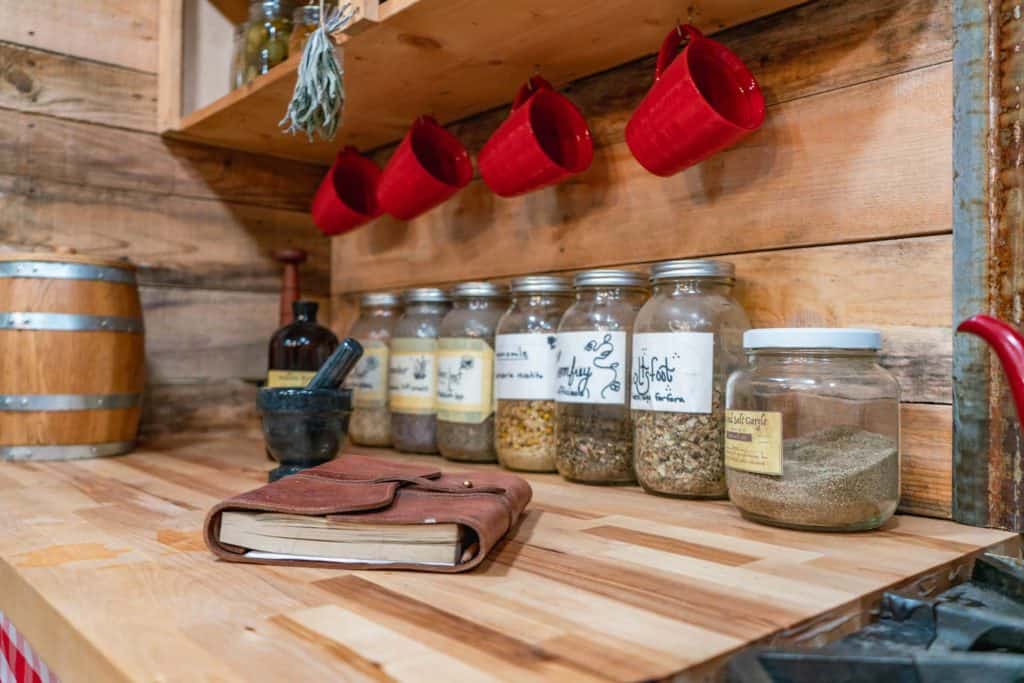
Doc Jones shares that most of the herbs you can buy today have very wide safety margins.
Doc Jones’ wife is a midwife and a naturopath, and she just finished a research project about which herbs are safe during pregnancy and which are not. She found it interesting that some herbs doctors deem unsafe during pregnancy are due to inappropriate testing parameters with skewed results.
This is why I love being a member of the School of Botanical Medicine. There are huge advantages to having access to a veterinarian, a midwife, two naturopaths, and even Doc Jones’ son-in-law, who has a PhD in physiology.
Regarding the safety of herbs, there are a few key points to consider…
Pregnant, Nursing, or Pharmaceuticals
The main areas of concern when using herbs are if you’re pregnant or nursing, or on other pharmaceuticals.
If you are pregnant, nursing, or taking pharmaceuticals, please be sure to research the effects of herbs thoroughly. It is recommended that you work with a knowledgeable healthcare professional.
Avoid Massive Amounts of Herbs

It should go without saying that it’s important not to consume massive amounts of herbs daily. This is pretty common sense as if you ate six pounds of spinach or drank six gallons of peppermint tea in a day, you’d have major issues.
Throughout history, people have used herbs medicinally. Those herbs that are extremely dangerous (meaning they’d kill you) have already been weeded out.
Furthermore, when we’re in tune with our bodies, they’ll tell us if an herb isn’t working well because you’ll usually get a mild headache or stomach ache.
If you’re listening to the signs your body sends you, you’ll be just fine.
Ready to Start?

If you want to learn about herbs and how to use them, start planting some! There’s no better teacher than the “doing.”
Keep it simple and start by planting just one new herb each year. Over five years, you’ll be amazed at the knowledge you’ve gained just by having a handful of medicinal herbs planted around your home.
I have a FREE Healthy Healing at Home training to help you confidently use homemade herbal remedies. You’ll learn the “safe herbs” for your family, how to systematically approach herbal healing, how to choose the right herb for your condition, and stock your herbal medicine cabinet.
Once you start with herb medicine, I’m certain you’ll want to learn more. Sign up for my class, Herbal Medicine Cabinet: Colds & Flus here.
For ideas about what to plant and grow, check out this post on 15 medicinal herbs to grow, how to harvest them and their common uses.
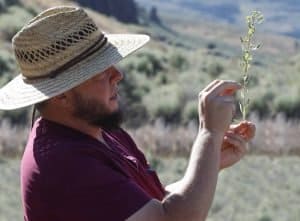
Where to Find Doc Jones
For more information on Doc Jones or the School of Botanical Medicine, visit the links below.
- HomeGrown Herbalist on Facebook
- HomeGrown Herbalist on YouTube
- HomeGrown Herbalist website
- HomeGrown Herbalist School of Botanical Medicine











